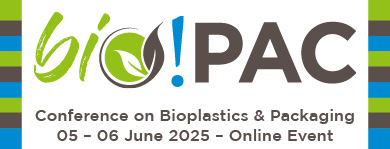Ensure quality and compliance in the production of plastics for medical devices and pharmaceutical packaging
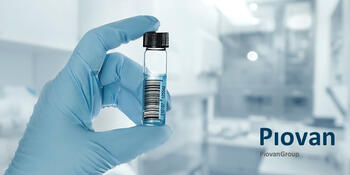
The manufacturing process of medical devices and pharmaceutical packaging requires strict adherence to quality standards set by guidelines and regulations. In both Europe and the United States, these industries are governed by specific regulations that ensure product safety and efficacy. This article explores the validation process, key regulatory frameworks, quality tracking systems, and the importance of good manufacturing practices (GMPs) in the production of plastics for medical devices and pharmaceutical packaging.
Validation by independent bodies
Production process validation is a crucial step that ensures the quality of medical devices and pharmaceutical packaging to the expected specifications. In the pharmaceutical and medical sectors, validation can be carried out independently by trained in-house personnel or by enlisting the support of a third party with the advantage of unbiased evaluation of production processes, thereby increasing trust and reliability in the industry.
Regulatory frameworks in Europe and the United States
By way of example, Europe, with Directive 2003/94/EC, has established a comprehensive regulatory framework establishing principles and guidelines for good manufacturing practice relating to medicinal products for human use and investigational medicinal products for human use. This directive incorporates and extends CFR21. In the United States, the FDA primarily regulates the regulatory aspects of medical devices through the Code of Federal Regulations (CFR), specifically Part 820, known as the FDA's Quality System Regulation (QSR).
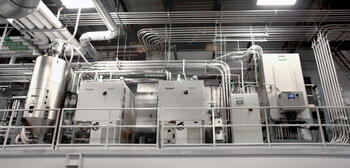
Additional laws and regulations, such as the Medical Device User Fee and Modernization Act (MDUFMA) enacted to improve the Food and Drug Administration's (FDA)review and approval process for medical devices and the International Medical Device Regulators Forum (IMDRF) issued to improve the regulation and safety of medical devices internationally, further support the FDA mission.
Piovan's quality monitoring system
Piovan has introduced an advanced production tracking system for its machines designed to manufacture medical devices and plastic pharmaceutical packaging. This application system was developed with the support of an independent third party and focuses on the solution provided by Piovan. In particular, it ensures the quality and safety of machines that have direct and permanent contact with the granule, distinguishing them from those that have occasional or indirect contact. Piovan's commitment to traceability of the raw materials used increases the transparency and traceability of the entire production process.
Adoption of EN 10204:2005 standard for quality traceability
Piovan adopts what is outlined in " EN 10204:2005 - Metallic Products - Types of Control Documents " to adhere to the requirements for traceability of metallic materials used in the process. For non-metallic components such as pipes, glass components and gaskets, the Type 2.1 Declaration of Conformity based on chemical composition tests is used. This declaration includes essential information such as manufacturer references, sequential numbering, product description and quantitative data. For metal components, Test Certificate 3.1 (external to the manufacturer) based on chemical composition tests and mechanical properties. is adopted, which provides test results and confirms compliance with order requirements.
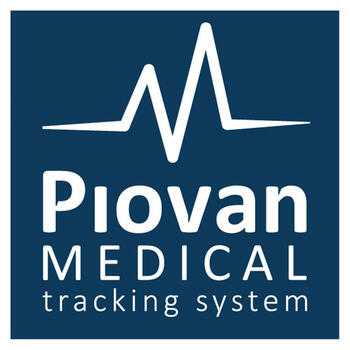
The importance of good manufacturing practices (GMP)
GMPs are essential practices formalized by each manufacturer of medical devices, medical packaging or pharmaceutical products. They ensure that manufacturing processes are in line with established quality standards and regulatory requirements. GMP procedures include traceability of materials, ease of access for cleaning, and resistance to solvents used in cleaning processes. This is because maintaining a contamination-free environment is critical in the production of medical devices and pharmaceutical packaging.
GMP goes beyond the manufacture of machinery
GMPs go beyond material traceability and cleanliness considerations. They encompass various aspects of protecting production, including controlled access to production monitoring and setting systems. Strict access control protocols, limited to only authorized and properly trained personnel, ensure accountability and prevent unauthorized changes. Activity audit trails (detailed electronic logs) contribute to comprehensive monitoring and traceability.
Production with special steels
Medical solution providers must be able to manufacture to customer specifications (URS, User Requirements Specifications), which may also require the use of low-carbon austenitic stainless steels, such as AISI 316 (Identified as Inox 18-8-3, X5CrNiMo17-12-2 or DIN 1.4401). These steels possess excellent corrosion resistance and meet the stringent requirements for medical devices.
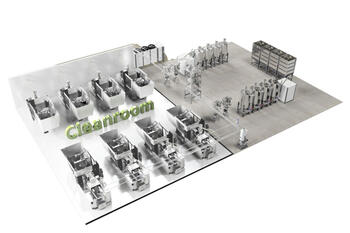
Benefits of production process validation
Validation of production processes has many advantages. These include:
- Adherence to regulatory expectations
- Meeting desired quality standards
- Reducing the risk of recalls
- Customer satisfaction
- Increased efficiency and reliability
- Waste and cost reduction.
Validation of production processes can help manufacturers improve the quality of their products, ensuring that they are produced to the same specifications over time. This can help reduce the risk of recalls, which can be costly and damaging to a company's reputation. Validation of production processes can also help improve customer satisfaction by ensuring products are in line with expectations.
In addition, validation of production processes can help improve efficiency by reducing the need for rework and scrap also can help reduce costs by ensuring efficient use of resources.
Conclusions
The production of medical devices and pharmaceutical packaging requires adherence to rigorous quality, which only happens through collaboration with a partner that invests daily to ensure traceability from equipment manufacturing to daily production. Piovan is the ideal partner for those operating in this industrial environment that requires extremely high reliability as it has more than 20 years of experience, with a portfolio of more than 400 customers and hundreds of systems installed worldwide thanks to its unique expertise and widespread presence.












